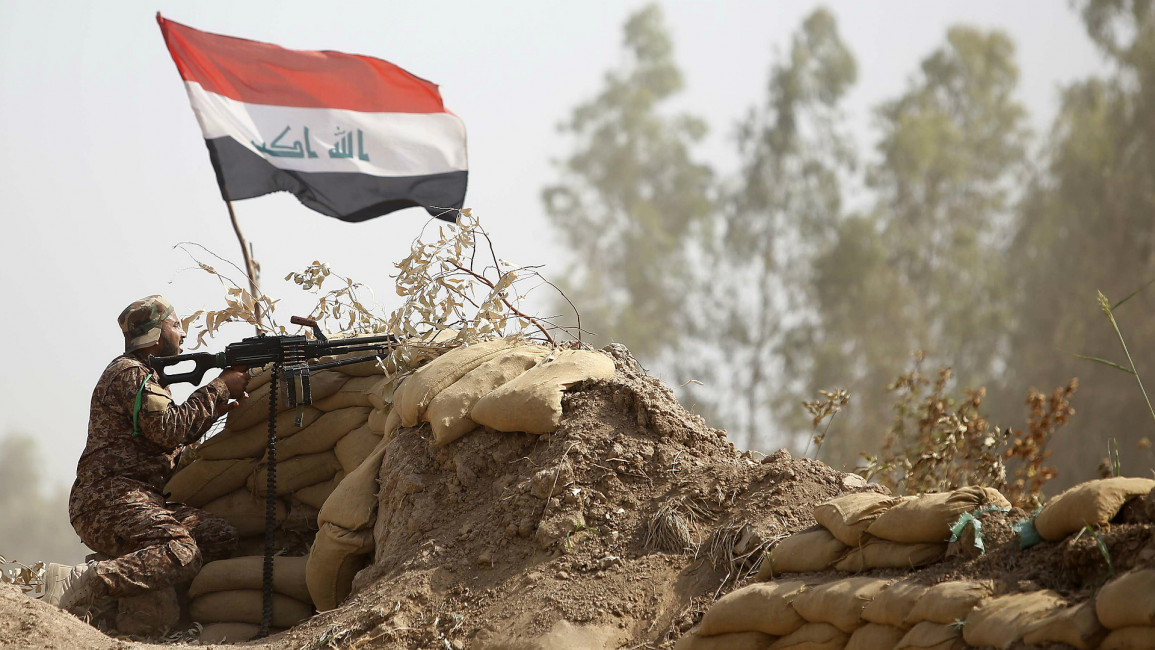NATO starts training Iraqi soldiers in bomb disposal
NATO has begun training Iraqi soldiers on how to neutralise bombs planted by Islamic State militants, the alliance said Sunday, expanding a programme already in place in neighbouring Jordan.
About 30 soldiers are taking part in the first five-week course on countering the deadly improvised explosive devices (IEDs).
Since last month, NATO advisers in Iraq have been overseeing courses on civil-military cooperation and overhauls of security institutions.
Until now, training of Iraqi forces has taken place in Jordan, where some 350 troops recieving training so far.
"The best weapon we have in the fight against terrorism is to train local forces", NATO Secretary General Jens Stoltenberg said in a statement from the alliance.
"A more effective Iraqi military means a safer Iraq, and a more stable Middle East."
Alliance members had agreed to the expanded training at their summit meeting in Warsaw last July.
There are 10 NATO officers permanently in Iraq, with other small teams rotating in and out for specific training programs.
The planes are one of the few concrete assets that NATO has, with most of its military hardware belonging to individual member states.
Members of NATO - the North Atlantic Treaty Organisation - pledge to defend each other if attacked, although the only time the self-defence clause has been invoked was after the 9/11 terror attacks on the US.
US President Donald Trump last month called the organisation "obsolete" and reiterated his campaign trail comments that he would think twice about helping NATO allies if the United States were not "reasonably reimbursed" for the costs of defending them.



